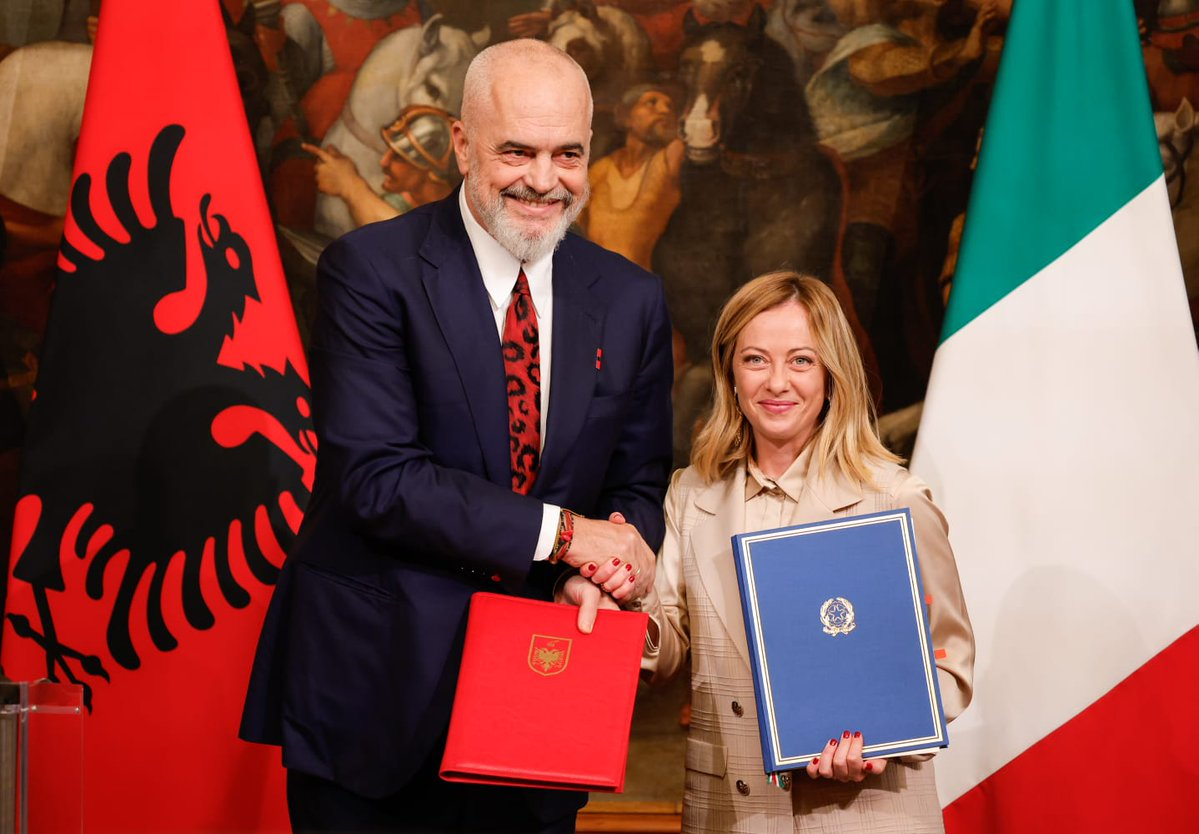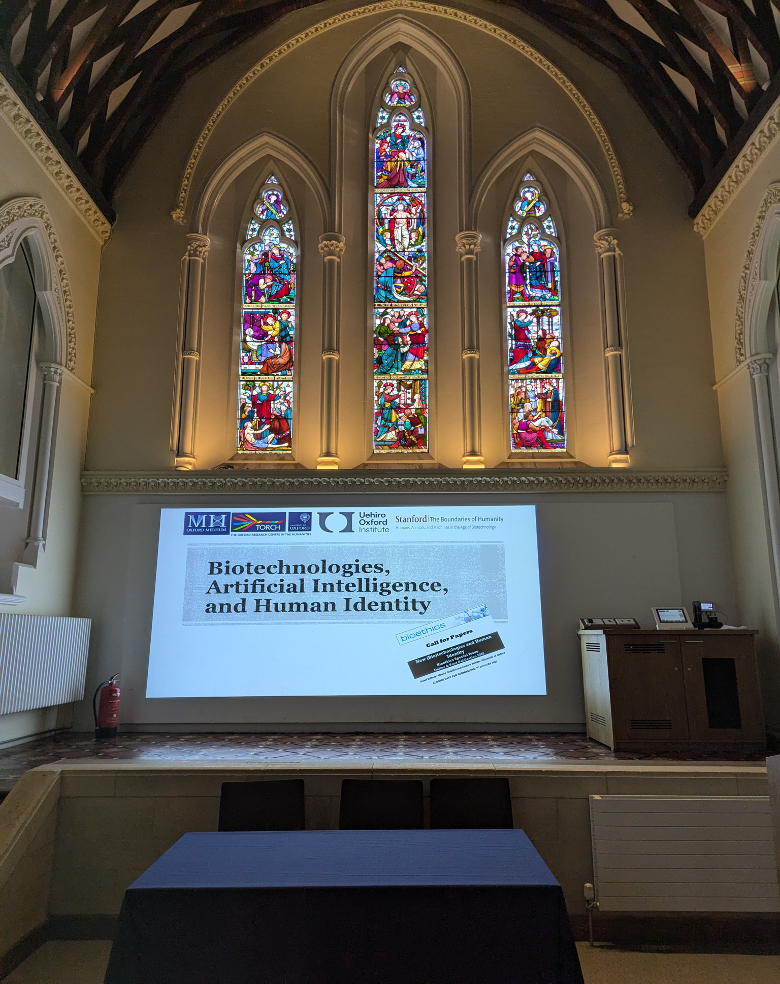-
Collective Responsibility and collective meeting of needs, and the question of Land redistribution in Zimbabwe
Written by Dr Dennis Masaka, Great Zimbabwe University and AfOx Fellow at the Uehiro Oxford Institute https://www.uehiro.ox.ac.uk/people/dr-dennis-masaka In my proposed work as an AfOx Fellow at Oxford, I seek to initiate a conversation around the way land redistribution has so far taken place in Zimbabwe. I will use the frameworks of collective responsibility and collective…
-
Assisted dying: what we might learn from experience of other controversial decisions in medicine
Dominic Wilkinson, University of Oxford Following the second reading (and parliamentary support) of Labour MP Kim Leadbetter’s terminally ill adults (end of life) bill on November 29, much of the public debate in England and Wales will now shift to questions around safeguards. If the safeguards aren’t considered adequate, the bill is unlikely to pass…
-

Cross-post: Roundtable discussion “From Covid-19 to MPox: Lessons from The Humanities?”
by Tolulope Osayomi and Mofeyisara Omobowale / first published 25th November on Torch News The roundtable discussion “From Covid-19 to MPox: Lessons from The Humanities? “, organized by Medical Humanities Hub at TORCH and the Uehiro Oxford Institute, featured four panelists with diverse disciplinary approaches to public health crises. Two of the panelists were Oxford-based scholars in…
-
Court rules that patients have a right to disbelieve doctors
Dominic Wilkinson, University of Oxford; Bryanna Moore, University of Rochester, and Johnna Wellesley, The University of Texas Medical Branch There is a clear ethical and legal principle that adults have a right to make decisions about their health. This is sometimes called the principle of patient autonomy. That is, of course, why doctors need patients’…
-

Is it ever OK for scientists to experiment on themselves?
Jonathan Pugh, University of Oxford; Dominic Wilkinson, University of Oxford, and Julian Savulescu, University of Oxford This article is republished from The Conversation under a Creative Commons license. Read the original article. A virologist named Beata Halassy recently made headlines after publishing a report of successfully treating her own breast cancer by self-administering an experimental…
-

What are the Ethics of Sending a Person to a Country They are not From?
Written by Eliora Henzler, MSt in Practical Ethics, University of Oxford EXTRATERRITORIAL MIGRATION MANAGEMENT How can states ethically justify deporting individuals to third countries? In October 2024, a ship of the Italian coast guard disembarked in the port of Shëngjin, in Albania. After a few days, it began a voyage in the opposite direction. Italy…
-

(Bio)technology and what makes us human
Andrew Moeller, Faculty of History Alberto Giubilini, Uehiro Oxford Institute Themes from the conference “Biotechnology, Artificial Intelligence, and Human Identity” (Medical Humanities Programme) Crossposted from TORCH Medical Humanities The conference “Biotechnologies, Artificial Intelligence, and Human Identity” brought together a crowded room to hear 12 speakers engage in lively discussion on whether and how technologies such…
-

Declaration of Helsinki turns 60 – how this foundational document of medical ethics has stood the test of time
The declaration of Helsinki recently turned 60, but don’t feel bad if you missed the celebrations. It probably passed unnoticed by most people not working in the medical field – and possibly even a good few in the field. If you’re not familiar with the declaration – adopted by the World Medical Association on October…
-

Guest Post: Must Antinatalists Be Pessimists?
Written by Dr Matti Häyry, PhD, Professor of Philosophy of Management, Aalto University School of Business (Academic Visitor at the Oxford Uehiro Centre, University of Oxford, 2007–2008) Antinatalism is being against reproduction, typically on altruistic grounds. Applied to humans, this means not having children in the trepidation that their lives could be miserable. A prominent…

